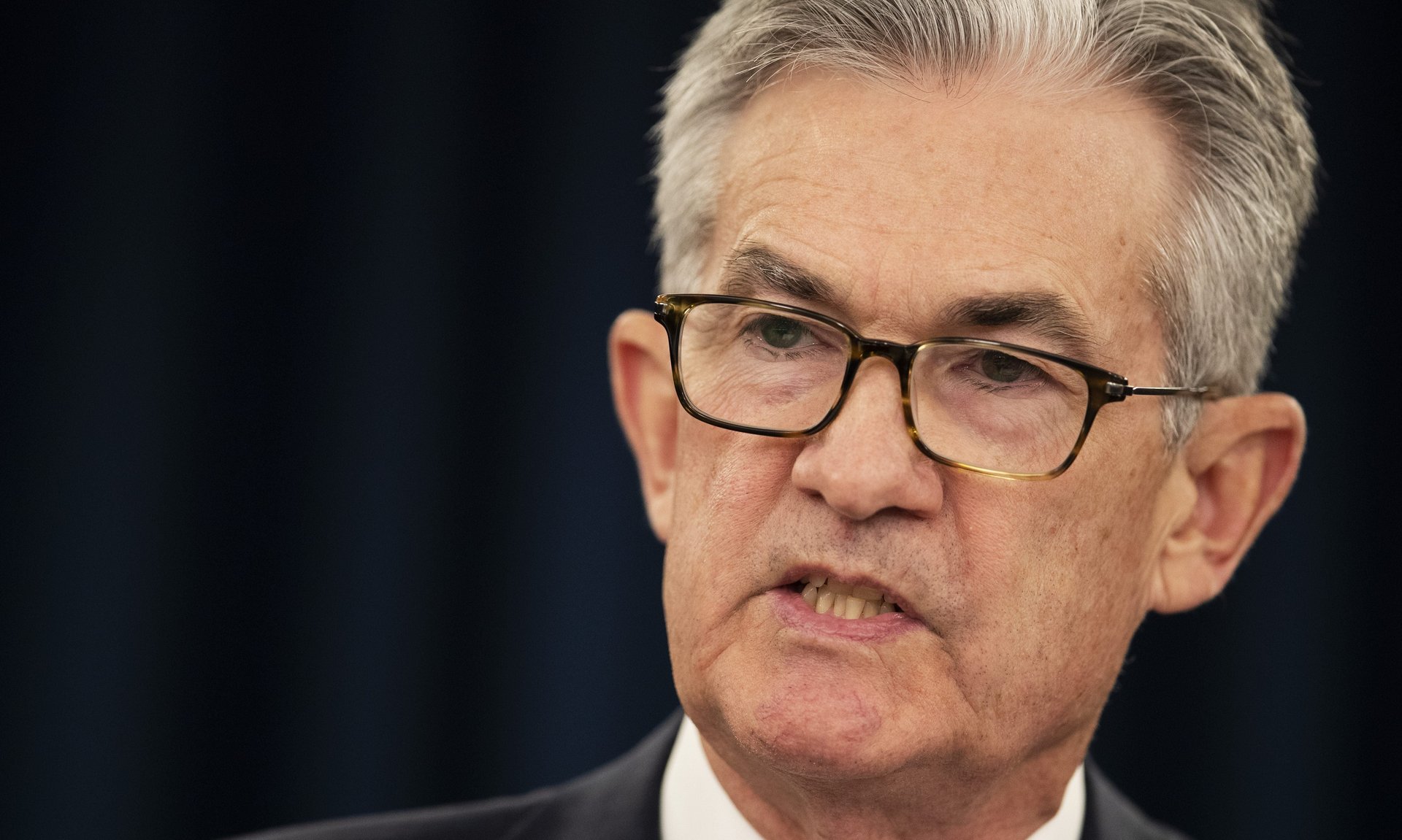Federal Reserve chair Jerome Powell pushes back against political meddling
US Federal Reserve chairman Jerome Powell quietly fired back at president Donald Trump, re-asserting the independence of the central bank, and identifying Trump’s trade war with China as a key concern weighing on the global economy.


US Federal Reserve chairman Jerome Powell quietly fired back at president Donald Trump, re-asserting the independence of the central bank, and identifying Trump’s trade war with China as a key concern weighing on the global economy.
“The Fed is insulated from short-term political pressures—what is often referred to as our ‘independence,'” Powell said toward the start of his remarks at the Council on Foreign Relations in New York today (June 25). ”Congress chose to insulate the Fed this way because it had seen the damage that often arises when policy bends to short-term political interests.” His comments come in the wake of Trump’s caustic public criticism of Powell, and reports that Trump has explored the possibility of removing Powell from the chairmanship of the Fed.
Asked about Trump’s habit of critiquing the Fed, Powell said “the independence of the Fed from direct political control is an important institutional feature that has served the country well, served the economy well, served the American people well.” He added, “when you see central banks lacking those protections, you see bad things happening.”
Powell said that “quite a lot has changed since May 1” when the Fed’s Open Market committee met and downplayed concerns about an economic slowdown. Those changes include a darker outlook for any trade agreement between the US and China. “It’s about trade developments and concerns about global growth,” Powell said. He said that the Fed’s research has revealed concerns about trade in US business and agriculture sectors, which have been showing up in the Fed’s so-called beige book surveys of economic activity. Fed officials last week hinted that they could potentially cut rates if the trade-related concerns didn’t improve.
Trade talks between the US and China broke down in May, leading to higher US tariffs on Chinese imports. Trump and Chinese president Xi Jinping are scheduled to meet this week, likely on Saturday.
Investors are looking for further detail on the Fed’s outlook for possibly lowering interest rates. Powell declined to further specify what’s ahead for US interest rates, but noted broadly that the consensus of central banks is that “if you see weakness, it’s better to come in earlier rather than later, just as a general principle.”
Pressed by financial executives in attendance about the yield curve or whether the Fed would cut rates to fulfill stock market expectations, Powell repeated, a few times, that Fed policy is based on long-term economic and financial conditions.